Oil and natural gas projects that ExxonMobil invested in between 1998 and 2017 ended up costing $138 billion more than early estimates, possibly because of mismanagement by operators and poor planning, an internal analysis seen by Bloomberg says.
The 2020 study, reviewing 110 projects in which Exxon took a stake over two decades, suggested two theories for the overspend; the complexity of large-scale developments and “human biases” that resulted in “over-optimistic” plans presented to senior executives for funding.
Twenty-one of the projects accounted for 93 per cent of the overspend, according to the analysis. The worst ended up costing more than six times an early estimate.
The $138bn overspend is a gross figure that includes partners’ stakes in the projects, meaning Exxon that did not shoulder the costs alone.
Exxon spokesman Matt Furman said that the so-called Gate 2 early-stage estimates used as a comparison in the study were “rough sketches” and that the company’s share of the costs above the more important Gate 3 final investment decision amounted to $20bn during the period.
Of that total, only $6bn was attributable to projects that Exxon operated, representing a margin of error of 1.5 per cent compared with the total capital invested, he said.
The entire energy industry suffered large cost overruns during the 2010s, made worse by the 2014 oil price crash, one of the worst in the history of the crude market. The Kashagan project in Kazakhstan, funded by a group of major oil companies including Exxon, went well over budget.
Costs at Gorgon, an Australian gas operation run by Chevron and in which Exxon has a minority stake, also spiralled. Other examples abound.
But the study’s findings are notable because of Exxon’s reputation for keeping a tight leash on spending and the sheer number of major projects in which the US company holds stakes.
It was in large part this widely perceived erosion in financial discipline that led to last year’s successful activist campaign by investor Engine No 1 to replace three directors on Exxon’s board.
And while the company has reported record profits this year during a surge in commodity prices, it faces decisions in coming years on whether to proceed with new, multibillion-dollar projects, including a gas development in Mozambique and low-carbon investments.
“The point of the study was to look at how it’s possible to tighten up the rough sketches to get them closer to the numbers used for final investment decisions,” Mr Furman said. “We did so that we don’t risk wasting time on projects that may never be funded.”
The study gives several examples of how costs soared, without naming projects.
In one instance, it was decided to shorten a length of a pipeline to cut costs, but that ended up rerouting the pipeline through a “more challenging and sensitive location”.
Costs were ultimately higher than they would have been otherwise, the report said.
Elsewhere, it said, “shortcuts were taken in engineering to save costs and resulted in poor quality and excessive cost in fabrication and construction”.
The study did not say whether it was Exxon or other operators who took these short cuts.
“There are a number of projects in this study in which we did not have a controlling interest,” Mr Furman said.
“This means we do not have decision-making authority on the project or how money is spent. This includes any decision making that takes place before the project is funded or built and at any time during the project.”
The analysis identified so-called “runaway projects” — defined as those that exceeded early cost estimates by more than 70 per cent — and suggested that planners have “intentionally underestimated” the price tags of projects in critical early stages to win approval for them.
“This theory suggests human biases and behaviour contribute to over-optimistic outlooks,” the study said, without attributing the actions specifically to Exxon employees.
“Shortcuts can create false expectations and set a project up for failure.”
Exxon’s demanding culture can largely be traced back to former chief executive Lee Raymond, who drove down costs and pursued new reserves, especially in downturns, during his tenure from 1993 to 2005.
The result was a peer-leading return on capital employed (ROCE) that led Exxon to the top of the S&P 500 Index. Despite the cost overruns, Exxon’s ROCE “led the industry for nearly the entire period”, Mr Furman said.
The 2020 study was part of regular internal reviews ordered up by Exxon management to improve on how the company develops oil, gas and chemical projects. It was not the first time an internal report highlighted room for improvement in Exxon’s planning of major projects.
A 2015 study known internally as the Black and Blue report identified misaligned employee performance incentives, a lack of communication between teams and undue pressure to meet deadlines as “hypotheses” for “inefficiencies” in its internal processes.
The company’s “go fast” culture meant “key processes’’ were skipped to stay on schedule, according to a presentation of the 2015 study seen by Bloomberg.
“We routinely evaluate capital investments and how we can improve,” Mr Furman said.
Darren Woods, who took over as chief executive in 2017 after then president-elect Donald Trump chose Rex Tillerson as US secretary of state, consolidated Exxon’s front-line business units and shifted the company’s focus to operating its own assets rather than taking stakes in outside projects.
He recently made a series of rare external appointments, such as chief financial officer Kathy Mikells from Diageo and low-carbon vice president Dan Ammann, who once led General Motors’s self-driving division.
Mr Woods is targeting a reduction in annual costs by $9bn by next year. The company has trimmed its workforce — mainly through layoffs and post-pandemic attrition — to the lowest level in at least two decades.
The 2020 analysis found that “multiple runaway projects” were the result of insufficient design and planning work.
“Some projects locked in to specific concepts too early, without fully considering other, better, options,” the analysis said.
Credit- Bloomberg










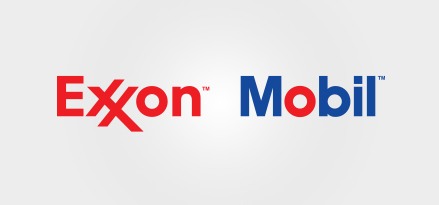








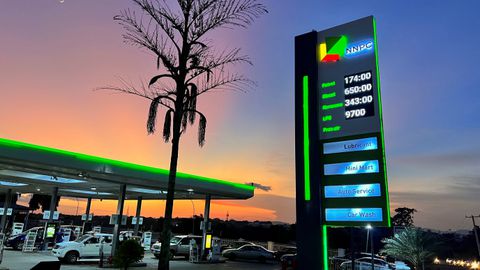
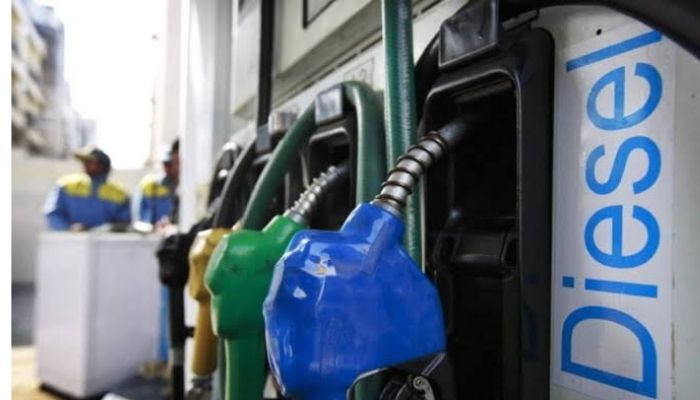

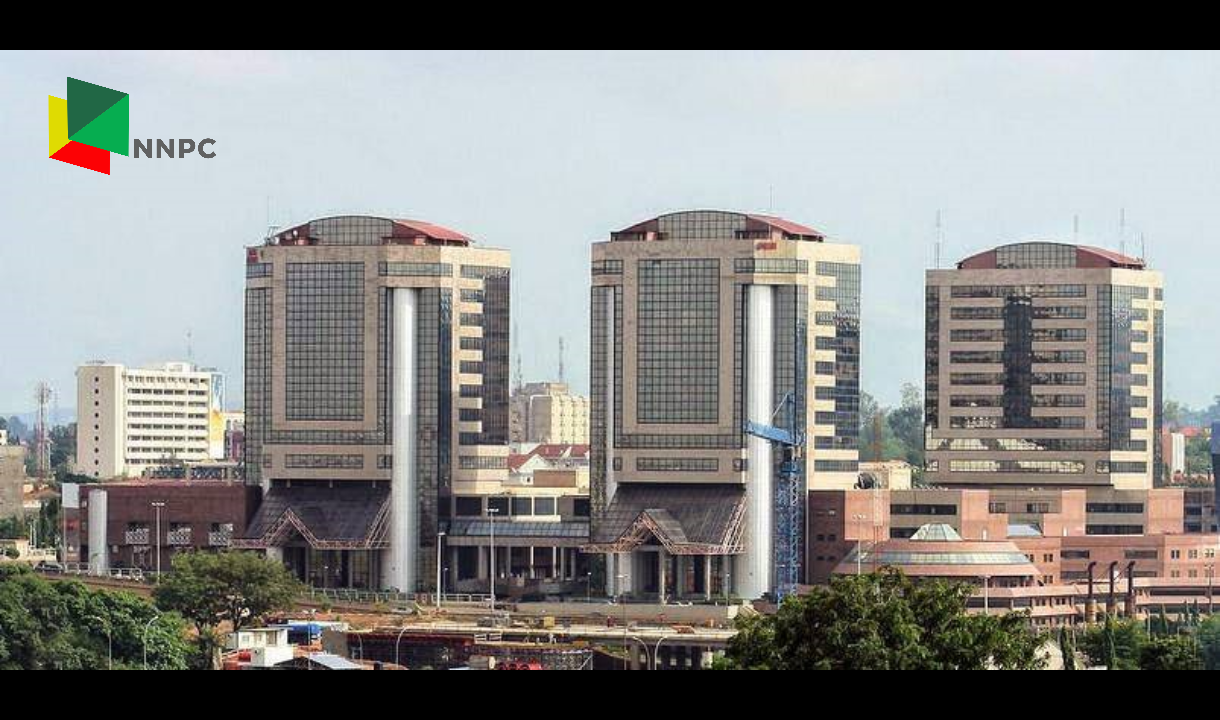
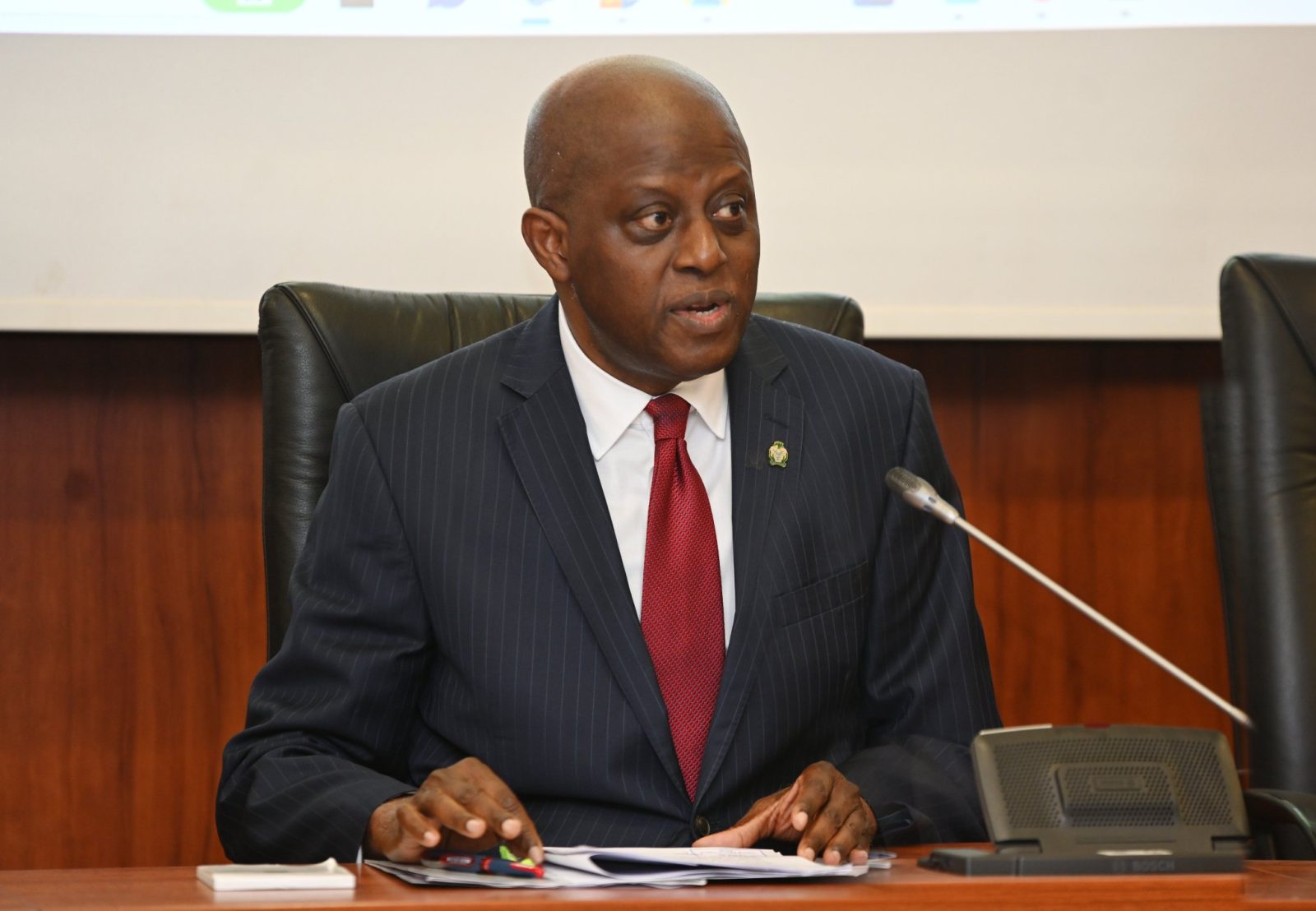

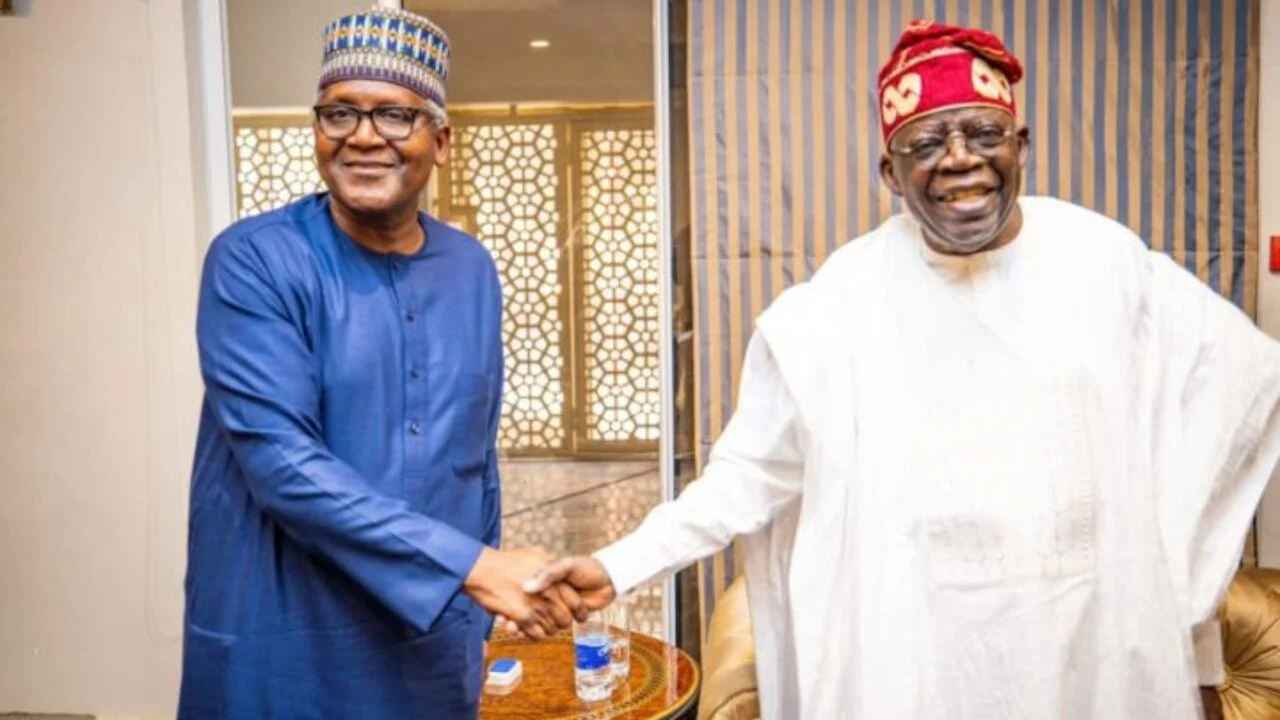




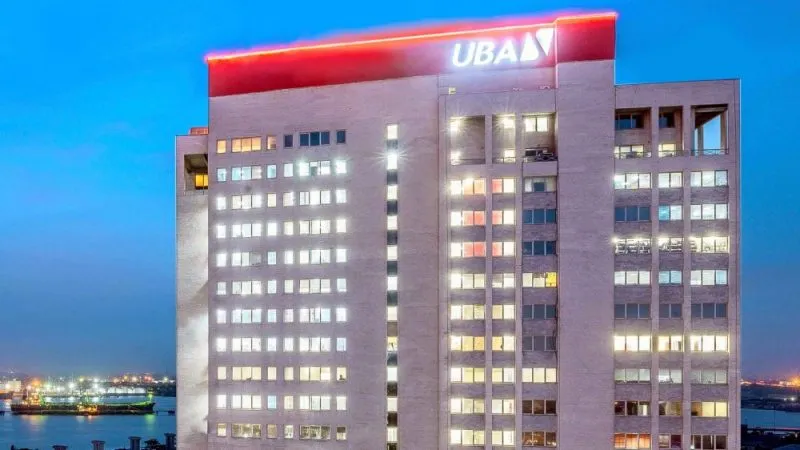






Leave a comment